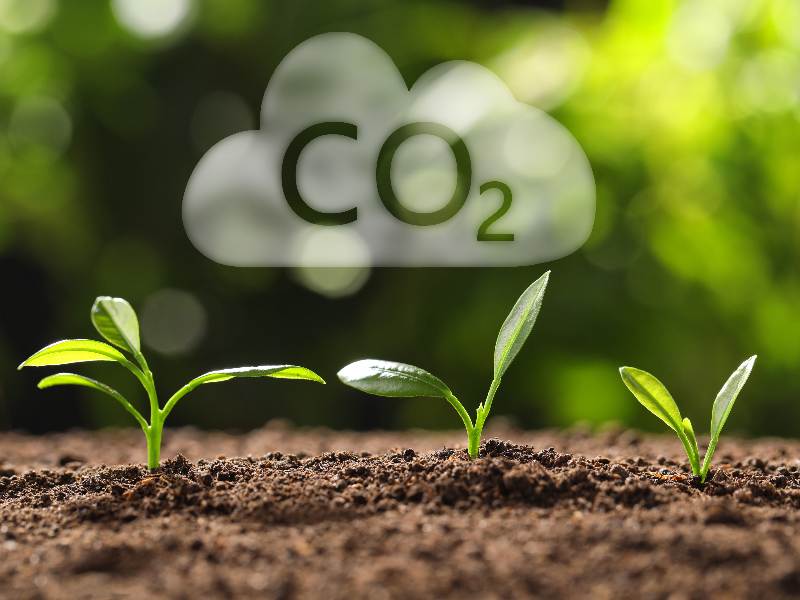Nairobi-based CYNK debuts as the continent’s premier platform for measuring, verifying, and trading high-quality carbon credits.
CYNK, an emissions platform headquartered in Nairobi, becomes the first African end-to-end solution for quantifying, certifying, and vending high-quality verifiable emissions reductions, with over two million carbon futures credits already traded.
CYNK – Africa’s carbon market pioneers
In a groundbreaking development for the African continent, CYNK, based in Nairobi, has ushered in Africa’s premier verifiable carbon market. This innovative platform offers a comprehensive suite of services for the assessment, authentication, and commercialization of top-tier, verifiable emissions reductions.
Agricultural transformation: Tamu Group’s contribution
The debut of this pioneering carbon market witnessed the trading of over two million forward carbon credits, primarily generated by the Tamu Group, Kenya’s preeminent biomass company. The Tamu Group, founded seven years ago by Nils Razmilovic, who also serves as CYNK’s chairman and founder, specializes in producing biomass briquettes from waste materials derived from Kenya’s sugar milling activities. Each carbon credit traded on the CYNK platform is equivalent to one metric ton of carbon emissions averted—emissions that would have otherwise resulted from the decomposition of sugar milling waste.
A signal of confidence
Sudhu Arumugam, CEO of CYNK, remarked in a press release, “This exchange of more than 2 million forward carbon credits reflects the renewed faith in the high-quality segment of the voluntary carbon markets, following a period of widespread distrust in broader markets. It also underscores the potential for climate projects and sovereign nations in the Global South to capitalize on this rapidly growing asset class.”
Africa’s carbon credits in the spotlight
The approval of Article 6 of the Paris Agreement at COP26, which governs global carbon markets, has ignited a race among African nations to harness the economic potential of carbon credit projects. Presently valued at USD 2 billion annually, the global carbon credit market has the potential, as estimated, to burgeon into a USD 1 trillion industry in just 15 years.
CYNK’s innovative approach
In contrast to the conventional route of carbon projects passing through intermediaries who may levy substantial fees or engage in double-selling, CYNK employs blockchain technology. This innovation enables climate projects from the Global South to directly engage with investors and buyers in the Global North through an inclusive marketplace.
Designed in Africa by teams with extensive experience in on-the-ground projects, CYNK emphasizes the comprehensive evaluation of projects, assessing both their carbon impact and social implications. This holistic approach ensures the enduring viability of carbon credits.
Nils Razmilovic explains, “Our ambitions are exceedingly audacious. We are not situated in London or San Francisco merely crafting technology we believe could be beneficial. We oversee the entire value chain, from the project’s societal impact to the indispensable data collection for efficient carbon credit trading.”
While the initial two million credits and specific transaction pricing details and buyer identities remain undisclosed, CYNK revealed that its current target market comprises corporate buyers.
For more trade and business news, visit our dedicated portal.
